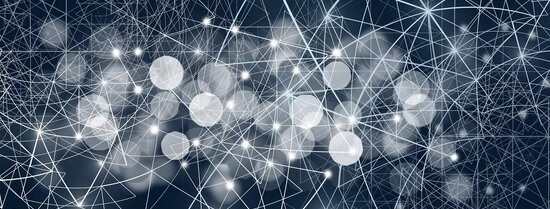AI is both an object and a means of governance and regulation in healthcare. On the one hand, AI affects healthcare quality and safety as new applications move from promise to practice. In the Netherlands and in Europe more broadly, various concrete initiatives and experiments have started to incorporate AI-applications in healthcare practices. Within medicine, AI-driven decision-models are developed that seek to predict optimal length of stay at the intensive care unit, better detect patients at risk for domestic violence, and optimally prioritize non-Covid delated medical care. As these applications become more fully embedded in healthcare systems they become new objects of governance and regulation, also requiring new forms of legislation. They moreover bring in new forms of quality and safety risks, requiring key institutional actors (e.g. the Health and Youth Inspectorate, the Healthcare Institute) to devise strategies to deal with such new risks and to communicate those risks with the general public.
At the same time, AI is increasingly becoming a means of governance and regulation in healthcare. The Covid-crisis has rendered visible the extent to which governance has become data-driven and model-based. Although practices of numbering and quantification have always been instrumental to policymakers, the relatively new modes of data-driven and model-based policy come with different and as yet unexplored implications, for instance in relation to the role of new forms of modeling and data science expertise in policy, the recentralization of healthcare policy based on such models, the often backgrounded processes and mundane activities that go into the production of models and dashboards, and the question of what happens with the practices and themes that do not ‘fit’ within the models.
In this research line we study and act with policy actors in dealing with AI in healthcare regulatory practices. We focus on the following themes:
- New modes of governance through/with AI: How do AI applications reconfigure healthcare policymaking and regulation? What new ‘regulatory objects’ become constructed through new model-based modes of governance - and with what consequences and accountability practices?
- New interdependencies and asymmetries: how do AI-applications reproduce or exacerbate information asymmetries between organizations and actors? What kind of new governance arrangements emerge as ownership of algorithms becomes increasingly privatized and promising start-ups become ‘swallowed’ by larger tech-companies?
- The politics of neglect: as governance and regulation become increasingly data-driven and model-based, it is also important to pay close attention to what is being omitted, either purposively or inadvertently. Which actors, themes, and practices are less easily aligned with practices of datafication and modelling? What are the consequences hereof, and what repair work is needed?
Links
Researchers
 Dr. Rik WehrensEmail address
Dr. Rik WehrensEmail address Dr. Bert de GraaffEmail address
Dr. Bert de GraaffEmail address Dr. Sandra SülzEmail address
Dr. Sandra SülzEmail address Dr. Anne Marie Weggelaar - JansenEmail address
Dr. Anne Marie Weggelaar - JansenEmail address Prof. Roland BalEmail address
Prof. Roland BalEmail address Dr. Iris WallenburgEmail address
Dr. Iris WallenburgEmail address
